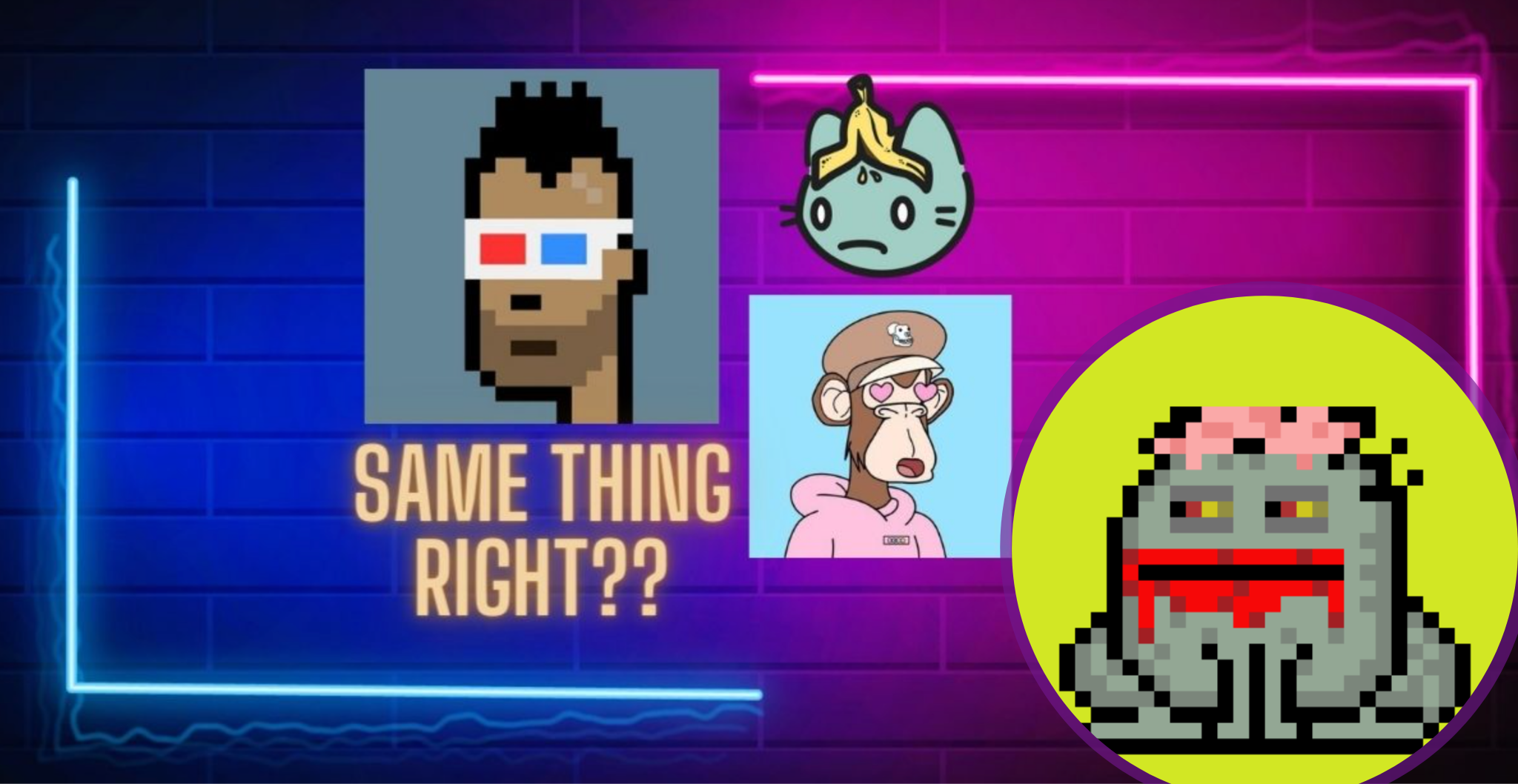It is always a challenge for parents to know when their child is exhibiting behaviors that need to be tested for underlying disorders. One of these mental disorders that parents and caregivers of children worry about is ADD/ADHD. This disorder can affect children at very young ages, but normally it is not diagnosed until a child is school age.
Attention- Deficit Disorder (ADD)/Attention- Deficit Hyperactivity Disorder (ADHD) is considered the most commonly occurring childhood mental disorder today. It is important to understand how this disorder affects the brain and the symptoms it produces, to accurately decide if your child should be tested. Another key piece of information to note is that ADD/ADHD can have very similar symptoms to other childhood disorders, including anxiety, depression, sleep disorders, and certain learning disorders.
ADD/ADHD
ADHD is also referred to as ADD for those without the hyperactivity component. It is a neurological disorder that presents itself from childhood and manifests itself with symptoms such as hyperactivity, poor impulse control, forgetfulness, and distractibility. There is no cure for ADHD, and it is estimated that there are millions of adults and children affected by this disorder.
There are three types of this neurological disorder, ADHD Combined Type, ADHD Impulsive / Hyperactivity Type, and ADHD inattentive and distractible type. ADD/ADHD is also regarded as a behavior disorder, and one symptom may occur with or without the others.
5 Ways to Know if Your Child Should be Tested
When a child seems to be squirming in their chairs, constantly fidgeting, can’t remain seated, runs around, and climbs at inappropriate times while everyone else is seated can present reasons to talk to a specialist about testing for ADD / ADHD.
2. Easily Distracted
If a child appears to have difficulty engaging in a quiet activity without disturbing others around them for an appropriate amount of time, or a child seems to talk about different topics at inappropriate times, it may be time to ask a pediatrician about your concerns.
3. Doesn’t Seem to Listen
It is normal for children to ignore people at times, but if a child seems to be doing this continuously and not blatantly, it can be a sign to ask a specialist what they recommend.
4. Social Challenges
When a child is socializing with their peers or other individuals, and they seem intrusive, interrupt constantly, and can’t participate successfully in activities, conversations, and games, this can be a reason to talk with a specialist for more information.
5. Behavioral Issues
If a child appears aggressive, defiant, and irrational without a logical reason, this can be an indication to talk to a pediatrician or medical specialist.
Children may experience all of these symptoms and signs at one point while maturing; it is the persistent chronic problems that interfere with a child’s life in multiple locations, including home and school, that can be signs that it is time to talk to a specialist about testing for ADD / ADHD, or other underlying disorders.
Why Test for ADD/ADHD
It is important to test for ADD/ADHD to support and accommodate children for success as they progress into adulthood. Providing a proper diagnosis of ADD/ADHD can prepare a child to be successful as they learn the tools and responses, they will need to have quality and success in life while being afflicted with ADHD.
Treating ADD/ADHD
There are many treatments for Attention Deficit Hyperactivity disorder, including behavior therapy, counseling, and medication. Although there is no cure for ADD/ADHD, treating ADHD can reduce core symptoms, enhance academic performance, reduce disruptive behaviors, and improve relationships with peers and family members.
If your child is experiencing any of the symptoms discussed above, it is important to talk to your pediatrician or other specialists about your concerns. Early intervention for children with ADD/ADHD can benefit them throughout the rest of their lives. Many people that are afflicted with this disorder live very successful happy lives.




